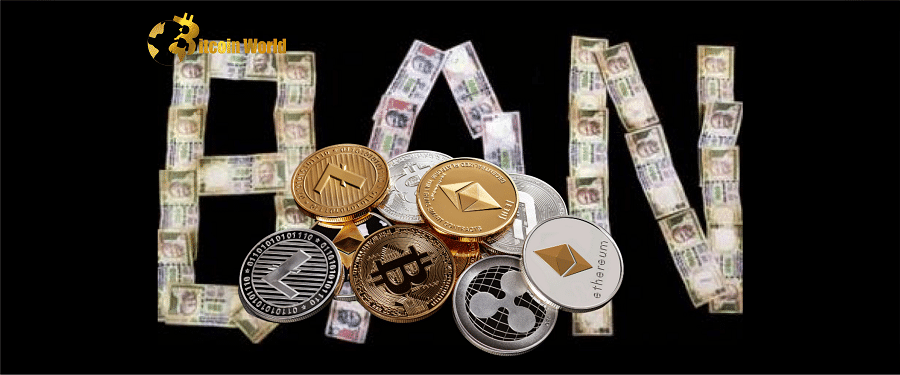India is once again in the news about cryptocurrency laws. Shaktikanta Das, the governor of the Reserve Bank of India (RBI), has stated that some G20 meeting participants may contemplate outright banning cryptocurrencies.
The Financial Stability Board (FSB) and the International Monetary Fund (IMF) will collaborate on a technical study and develop strategies to establish a regulatory framework for digital assets. At the G20 summit, the Indian Presidency will propose these rules.At the upcoming G20 Finance Ministers and Central Bank Governors meeting, the paper will be discussed. In October, the G20 meeting is expected to take place. Before the month of September, the private digital asset regulations topic is anticipated to be resolved.
Nirmala Sitharaman, India’s finance minister, made it quite plain during the press conference that followed the first G20 Summit that anything that is not under the supervision of the Central Bank is not to be regarded as a currency.
India’s private digital asset legislation have remained unclear for a while, but the G20 Summit is anticipated to take cryptocurrency restrictions into consideration. In order to compete with cryptocurrencies, India is also attempting to introduce its own Central Bank Digital Currency (CBDC).
Nirmala Sitharaman responds to inquiries about crypto laws by saying that the first step in regulating the sector is identifying the hazards associated with cryptocurrencies. The G20 countries will provide a comprehensive strategy to deal with private digital currencies at the G20 Summit after carefully examining the risks. The macroeconomic environment and other regulatory stances will be taken into consideration when the G20 nations construct their plans.
For a while now, the Reserve Bank of India has pushed for a complete prohibition on the usage of private digital assets. But, Sitharaman has created a scenario where a synchronized regulatory mechanism may exist and these assets would be subject to a unified regulatory strategy.
Because this regulatory framework will act as a blanket for many nations, other nations won’t need to develop unique legislation. U.S. Treasury Secretary Janet Yellen, who favored stringent regulation for private digital assets, supported this concept. Also, by taking this action, cross-border payment costs would be decreased.
The governor of the RBI claims that although there may be further methods for controlling the asset, it is too soon to discuss them. Although the RBI is in favor of a complete prohibition, Das noted that there are opposing views that crypto should be regulated in order to control the dangers connected with the asset.
Shaktikanta Das thinks that cryptocurrency is still a developing field. The perception that private digital assets continue to represent severe threats to the financial stability of the economy, combined with other security challenges, helped to generate and stoke questions about the legislation.















